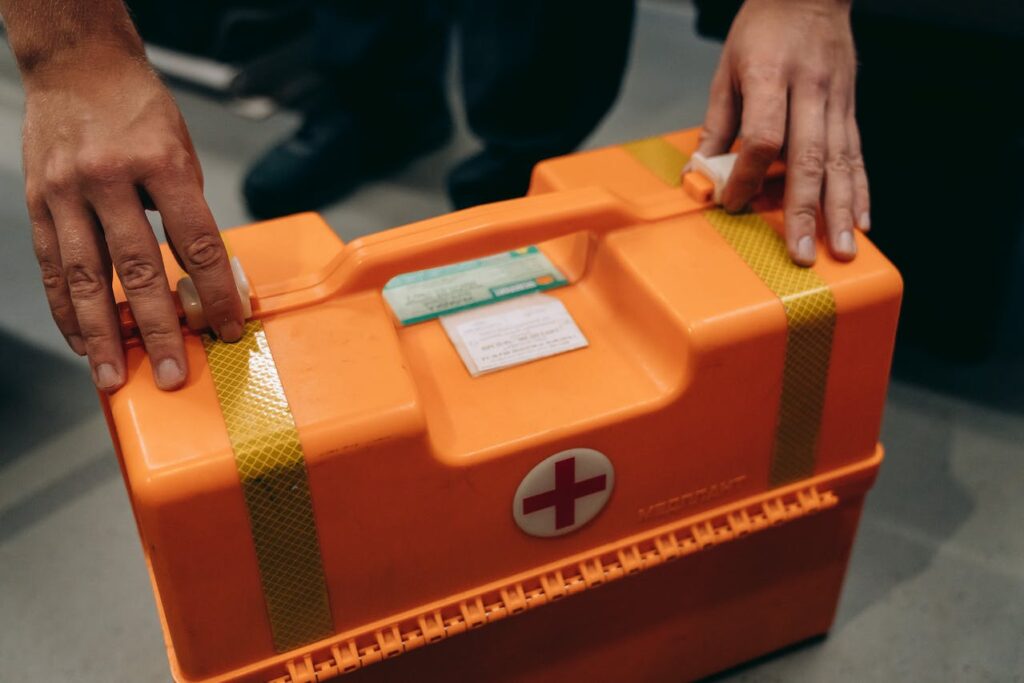
It’s never too early to start preparing your family for emergencies. From natural disasters to situations like power outages and unexpected job loss, being prepared can make all the difference. But knowing where to start can be overwhelming. That’s why we’ve put together this guide to emergency preparedness for beginners. We’ll cover all the basics of putting together your own emergency kit and creating a plan for your family.
Start With a Plan
The first step in preparing for any emergency is to create a plan. This means sitting down with your family and discussing what you would do in case of an emergency. Decide on a meeting place outside of your home, and make sure everyone knows how to get there. Create a communication plan, including a list of emergency contacts and important information like medical needs and insurance policy numbers. And be sure to practice your plan regularly, so everyone is prepared when the time comes.
Build Your Emergency Kit
Every family should have an emergency kit on hand. This should include supplies to last for at least 72 hours, in case you are unable to leave your home or are stranded somewhere without access to supplies. A basic emergency kit should include:
- Water – At least one gallon per person per day, for drinking, cooking, and hygiene
- Non-perishable food – Canned goods, energy bars, and other food that won’t spoil.
- First aid kit – Including bandages, pain relievers, and any medications your family might need.
- Flashlights and extra batteries – In case of power outages.
- Cash – In case banks or ATMs are unavailable.
- Important documents – Copies of birth certificates, passports, insurance policies, and other important paperwork.
Stay Informed
Being aware of potential emergencies in your area is an important part of being prepared. Sign up for emergency alerts from your local government or Red Cross chapter. Stay informed about any potential threats, from severe weather to civil unrest. And make sure you know how to receive news and updates even if power or cell service are down.
Prepare for Specific Situations
Depending on where you live, there may be specific situations you need to prepare for. For example, if you live in an area prone to hurricanes, you should have a plan for evacuating if necessary and securing your home in advance of a storm. If you live in an earthquake zone, you should know how to safely take cover and have your emergency kit easily accessible. Make sure to research the hazards in your area and prepare accordingly. Along with this, make sure you have adequate insurance coverage, especially if you are a homeowner. An insurance agent, like those from Bear River Insurance, can help you determine the right amount of coverage you need.
Don’t Forget About Your Pets
If you have pets, they should be included in your emergency plans. Make sure they have enough food and water, and that you have supplies like leashes and carriers on hand. Consider microchipping your pets, so they can be easily identified if they get lost during an emergency.
Emergency preparedness is something we all hope we’ll never need, but that could make all the difference if disaster strikes. By creating a plan, building your emergency kit, staying informed, preparing for specific situations, and including your pets in your plans, you’ll be ready for whatever comes your way. Remember, it’s never too early to start preparing – start today, and give yourself and your family the gift of peace of mind.


